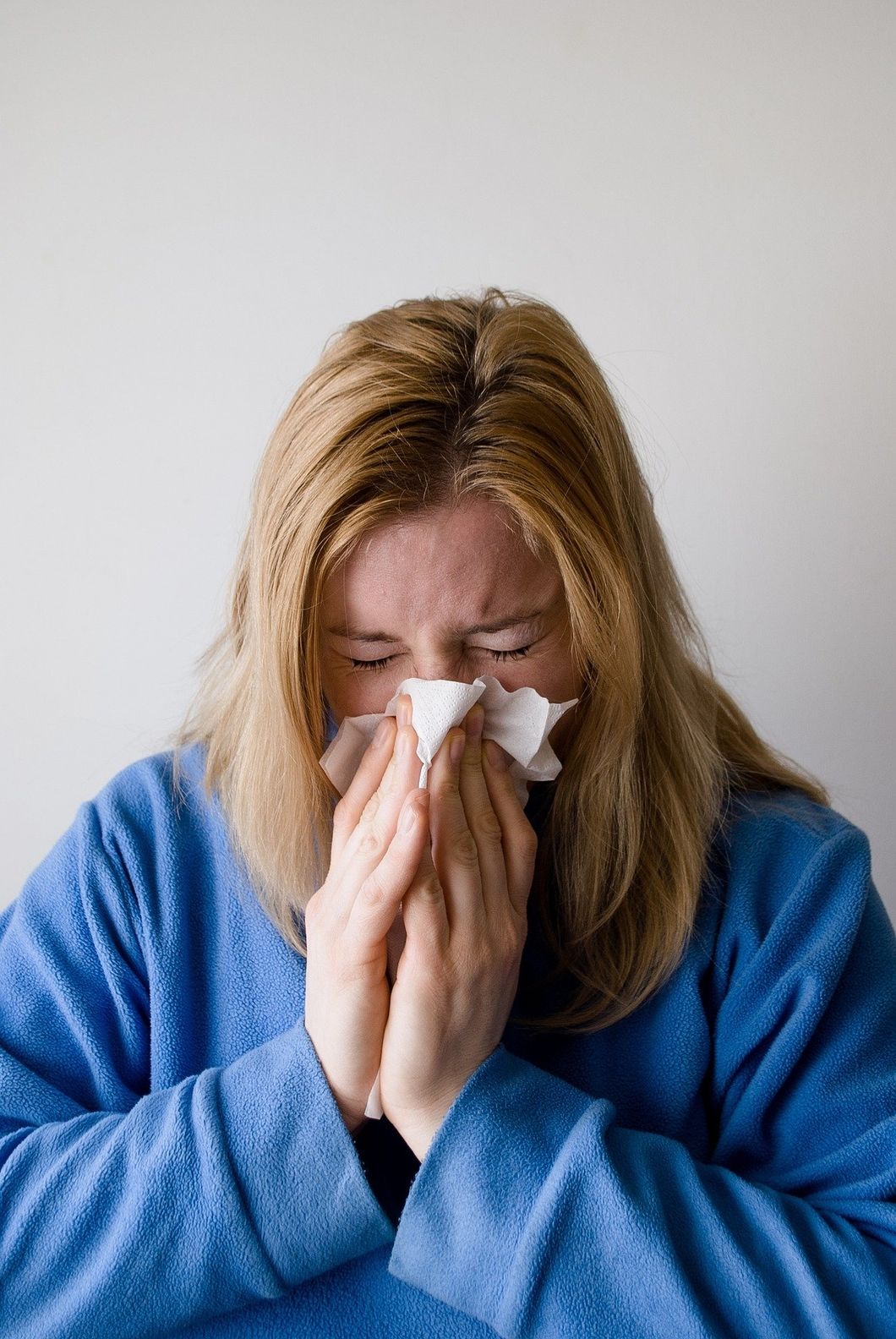Since the world saw its first case of COVID-19 in January, many people have been comparing it to the flu. The symptoms, at the time, were similar and the death rate seemed to coincide with that of the common flu. All of that didn't last long though. Quickly, the death rate, the number of those infected, and the symptoms shifted, and not in a good way.
Still, though, many people continue to compare coronavirus to the flu. To hopefully end this misconception, I did some research on the subject, and written below are just some of the reasons that the coronavirus isn't "just the common flu" and is actually much much worse.
There is no vaccine or treatment for coronavirus.
For the flu, we have something called an antiviral drug, which is used to stop the development of the flu as well as reducing the duration of the illness so that major complications don't develop. Not only do we have medication for the flu, but we also have a vaccine. Each year, research is done to predict which influenza strain will be most prevalent that year and that decides what vaccine will be given. The vaccine then produces antibodies that provide protection against the virus. Since COVID-19 has never been seen in humans before, we don't have any medications or vaccines to prevent it, which leads to a higher rate of spreading.
The death rate is much higher for coronavirus.
The CDC says that in the U.S., an estimated 45 million people were infected with influenza and 61,000 people died from it during the 2017-2018 flu season (the year with the highest amount of flu cases since the 2009 H1N1 outbreak) which lasted from November to April. This makes the death rate about .136% for the 2017-2018 flu season. Since the first case of coronavirus was diagnosed in the U.S. in early March, there have been 92,300 deaths with 1.56 million infected. This means that as of right now, the death rate for COVID-19 in the U.S. is 5.92%. Looking at the U.S. numbers alone, that makes the COVID-19 death rate 43.5 times greater than that of the 2017-2018 flu season.
We have no natural immunity to coronavirus.
The main way that the human body builds immunity is by creating antibodies. When we come into contact with something foreign, like a virus, our bodies develop antibodies. These antibodies will then recognize the virus if you become infected again, and you will have a better chance of fighting it off now that your body knows what it's up against. We know that the common flu has been around since at least 1918 when there was an outbreak of influenza called "The Spanish Flu" which infected about 1/3 of the world's population at the time, but there have "flu-like" symptoms written in texts dating back over 2,000 years ago. This means that humans could have been producing antibodies against the flu for over 2,000 years while this strain of coronavirus has only been seen in humans since November of 2019.
We still don't know much about coronavirus.
At the beginning of the pandemic, the only known symptoms were a dry cough, chest pain/difficulty breathing, and a fever. Now, the symptoms have changed drastically. People are developing a loss of taste or smell, nausea, sore throat, body aches, headache, and diarrhea. Children, who at first were thought to be the lowest risk group, are now developing Kawaski disease-like symptoms which are thought to be linked to COVID-19 exposure.
Further, there are researchers who think COVID-19 is airborne while others are saying it's not. We don't know if building immunity naturally is possible yet, and the coronavirus test is at best 80% accurate, even after showing symptoms. There is so much we still aren't sure about, and yet we know so much about the flu that we are able to predict which strain will be most prevalent and vaccines are able to be produced and approved for new influenza strains in about 6 months.
After getting COVID-19, it can take more than six weeks to be symptom-free.
Those with a severe case of COVID-19 can take more than six weeks to recover while those with severe cases of the flu are usually recovered after two weeks of being infected. People who are unfortunate enough to have a severe case of COVID-19 can be sick three times longer than if they were infected with influenza.
You can spread the virus 48-72 hours before you start showing symptoms.
Research is showing that those infected with COVID-19 are contagious 48-72 hours before they begin showing symptoms themselves and will continue to be contagious for around ten days. When infected with the flu, a person is contagious about a day before showing symptoms and will continue to be contagious for about 5-7 days after becoming ill. This means that those with COVID-19 can spread the virus longer than those with the flu. Asymptomatic people with both viruses can spread the virus, although it is far less likely than those showing symptoms. Studies also show that around 80% of people with COVID-19 will be asymptomatic or have mild symptoms while that number for the flu is about 50%, meaning far more people with COVID-19 can be asymptomatic or have mild symptoms and therefore more spreading will occur.
COVID-19, as many scientiftic articles and reputable sources like to say, is not just another flu. It has already proved itself to be more deadly and much different from influenza and there is still so much more we have yet to learn about it. So please, before deciding that it's nothing to fear because "we deal with something like this every year", do your research. It might save yours, or someone else's life.









































